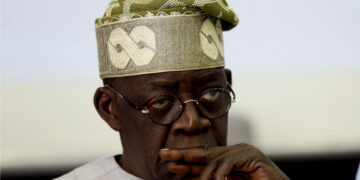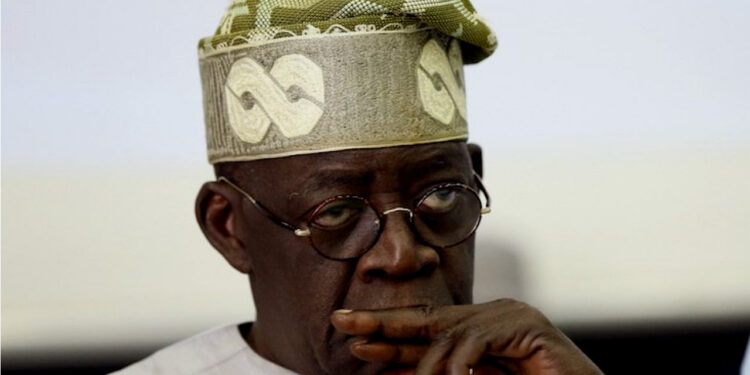Nigeria has dropped to fourth position among Africa’s largest economies based on updated 2024 GDP figures released by the International Monetary Fund (IMF) and Afreximbank Research.
Previously known as Africa’s leading economy, Nigeria now sits behind South Africa, Egypt, and Algeria, highlighting prolonged economic challenges.
South Africa reclaimed the first position with an estimated GDP of $400.19 billion. Egypt closely follows at $383.11 billion, and Algeria ranks third with $264.91 billion due to strong government spending and oil income.
Nigeria’s GDP fell significantly to $187.64 billion, resulting primarily from unstable policies, weakened currency value, and ineffective economic reforms.
“This shift underscores the deep-rooted macroeconomic imbalances Nigeria continues to grapple with,” Afreximbank said on its official X page. “Despite its vast population and resource base, Nigeria’s foreign exchange challenges and inflationary pressures have severely weakened its economic footing.”
CFG Advisory CEO Tilewa Adebajo highlighted similar concerns in his firm’s 2025 economic outlook, noting that Nigeria’s economic reforms have not translated into meaningful growth. “The naira’s devaluation from 450 to over 1,700 per dollar has led to a loss of over $300 billion in economic value,” he said.
The IMF forecasts Nigeria’s growth rate will reduce to 3.0 percent in 2025 and further decline to 2.7 percent in 2026. Persistent stagflation and falling productivity levels are expected to continue. The removal of fuel subsidies and rising interest rates have added pressure on consumers and businesses, while current social assistance programs remain insufficient.
Nigeria’s debt levels are also steadily increasing. Total borrowing now exceeds $100 billion, with debt servicing expected to cost N16.3 trillion in the 2025 budget, surpassing the total spending on infrastructure, healthcare, education, security, and defense.
Analysts argue that instead of investing savings from subsidy removals into capital projects, the government has concentrated primarily on debt repayments. Money supply increased by 50 percent year on-year, reaching ₦108 trillion, causing the Central Bank’s inflation control measures to falter, potentially undermining investor confidence.




































